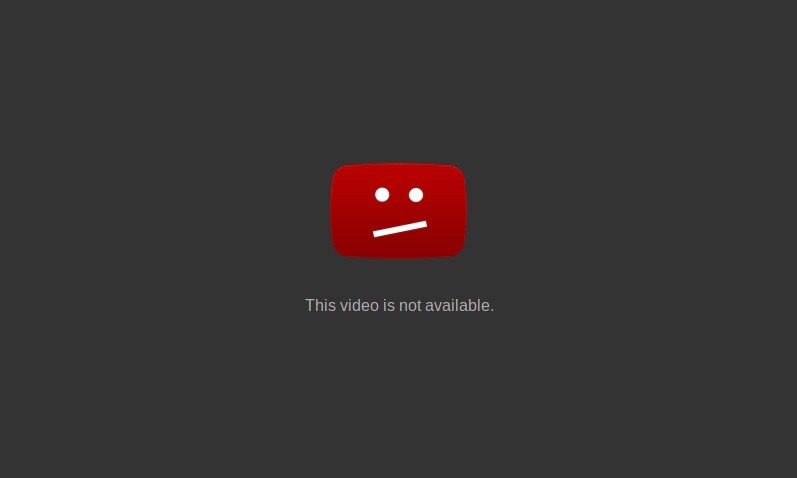Opposition against Article 13 of the Directive
The opposition against Article 13 of the Directive on Copyright in the Digital Single Market is getting stronger and stronger.
The provision obliges platforms, on which users upload contents (such as Facebook and YouTube), to automatically filter and block all the contents, for which licenses have not been concluded. Experts and academics are against the introduction of such filters and censorship, and the civil initiative is drawing attention to the negative impacts of the provision on users. Now that Article 13 is being negotiated in the trilogue, it turned out that even big organizations of right holders, especially in the audio-visual and sports sector as well as organizations representing European authors, publishers, film and music producers and broadcasters, are against the provision as it is. In their opinion, the provision bears too much of a burden regarding the notification of the infringement on the right holders.
Here is a list of just a few stakeholders that have already expressed their opposition against Article 13:
– experts;
– academics;
– more than 4 million signatories of the petition against the introduction of filters;
– Civil Libraries Union for Europe and other organizations defending the rights of Internet users;
– representatives of the audio-visual and sports sectors across Europe;
– organizations representing European authors, publishers, film and music producers and broadcasters.
On the other hand, YouTube is tries to impose Content ID, its filtering technology, as the standard for efficient copyright protection that should be used also by other competitive platforms. Were those, who were warning against the possible strengthening of Google’s position, right?
The Grand Board of the European Union Intellectual Property Office (EUIPO) finally ruled that the figurative sign ‘COVIDIOT’ cannot be registered as an EU trademark.
The 4th Open Knowledge Day took place on Tuesday 17 October 2023, with an accompanying workshop on 18 October 2023. This year it was organised by the Open Data and Intellectual Property Institute (ODIPI) and supported by Knowledge Rights 21 (KR21).
We invite you to the fourth Open Knowledge Day and the workshop, which will take place this year within the framework of the programme and with the support of Knowledge Rights 21. The event will bring together experts from different European countries to discuss two topics: the first part will deal with the legal basis for data analytics, which is a key part of machine learning and related artificial intelligence, and the general exception for research. In the second part, open science in theory and practice will be presented both in Slovenia and in some Western Balkan countries. Representatives of research and educational institutions from Slovenia and the Western Balkan countries, as well as interested members of the public, are invited to attend.
Dr. Maja Bogataj Jančič, a renowned expert in copyright law, has joined the Berkman Klein Center for Internet & Society at Harvard University, where she will serve as an affiliate researcher for the next two years.





